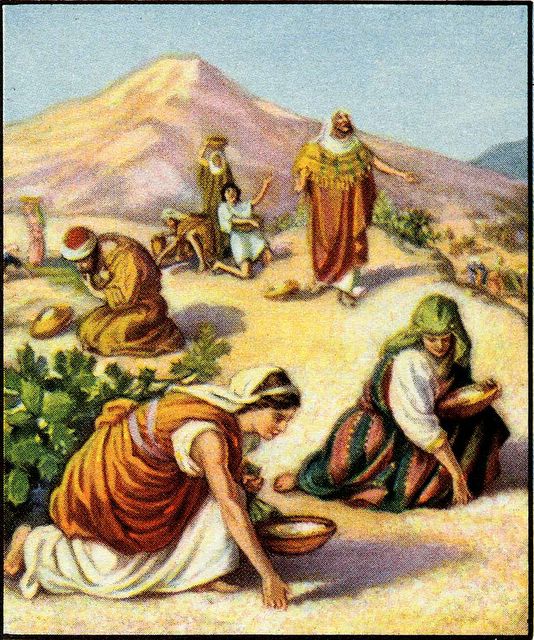The Word for today:
Acts 14:13-28
Acts 14:13-28
mark this: Acts 14:7
And there they preached the Good News.
And there they preached the Good News.
The "Gospel" and the "Good News" are synonymous terms. The first four books of the New Testament are called "Gospels" because they record the Good News of Jesus' life on earth.
But the apostles proclaimed the gospel before "the gospels" were written! Their concept of "the Good News" was the Word of God, in its entirety.
The Apostle Paul stressed that the Good News had been proclaimed from the Bible's earliest pages:
The scripture predicted that God would put the Gentiles right with himself through faith. And so the scripture announced the Good News to Abraham: "Through you God will bless all people." (Galatians 3:8)
The scripture predicted that God would put the Gentiles right with himself through faith. And so the scripture announced the Good News to Abraham: "Through you God will bless all people." (Galatians 3:8)
The Good News must be seen in its whole-Bible context, or it can't be seen at all. This can be understood by looking at the first page of your Bible. The earth is formless and empty and enveloped in darkness. Then the silence is broken by these words: "Let there be light."
And there was light. That's the first glimpse of Jesus, the Light of the World, in our Bibles.
Notice that he emerged from the context of darkness. Without the dark background, the Light of the World would not be perceived at all.
That is precisely why it does little good in today's world to quote John 3:16 and call it the Good News. "Jesus saves" makes little sense to those who perceive no need of salvation. "Saves from what?" is their reflexive rejoinder.
The Bible tells us that we're saved from the spiritual rebellion known as sin. Sin is clearly illustrated in scripture, beginning with Genesis 3. Without an understanding of sin, "salvation" and "Savior" simply don't compute.
Without the Ten Commandments ("the Law") which clearly mark God's standards of right and wrong, we residents of Sodom just don't perceive how dark our dungeons are.
Without the warnings of the prophets and the banishment of unbelieving Israel to Babylon, the separation from God known as "hell" remains unreal.
Jesus knew this. That's why he climbed a mountain, like Moses of old, and delivered the Sermon on the Mount (1)--a far stricter moral standard than the Ten Commandments ever pronounced. Consider these severe words a part--the necessary context--of the Good News that Jesus set out to proclaim:
"Do not think that I have come to abolish the Law or the Prophets; I have not come to abolish them but to fulfill them. For truly, I say to you, until heaven and earth pass away, not an iota, not a dot, will pass from the Law until all is accomplished. Therefore whoever relaxes one of the least of these commandments and teaches others to do the same will be called least in the kingdom of heaven, but whoever does them and teaches them will be called great in the kingdom of heaven. For I tell you, unless your righteousness exceeds that of the scribes and Pharisees, you will never enter the kingdom of heaven."You have heard that it was said to those of old, 'You shall not murder; and whoever murders will be liable to judgment.' But I say to you that everyone who is angry with his brother will be liable to judgment; whoever insults his brother will be liable to the council; and whoever says, 'You fool!' will be liable to the hell of fire."You have heard that it was said, 'You shall not commit adultery.' But I say to you that everyone who looks at a woman with lustful intent has already committed adultery with her in his heart. If your right eye causes you to sin, tear it out and throw it away. For it is better that you lose one of your members than that your whole body be thrown into hell. And if your right hand causes you to sin, cut it off and throw it away. For it is better that you lose one of your members than that your whole body go into hell." (see Matthew 5:17-30)
John 3:16 is gibberish until--unless--it's placed in the context of the Sermon on the Mount.
It's high noon as I write these words. I'm looking at the sky through my window. The stars hang there right now, just as surely as at midnight. But I, of course, can't see them.
~~~~~~~~~~~~~~~~~
(1) the Sermon on the Mount is found in Matthew 5-7
(1) the Sermon on the Mount is found in Matthew 5-7













